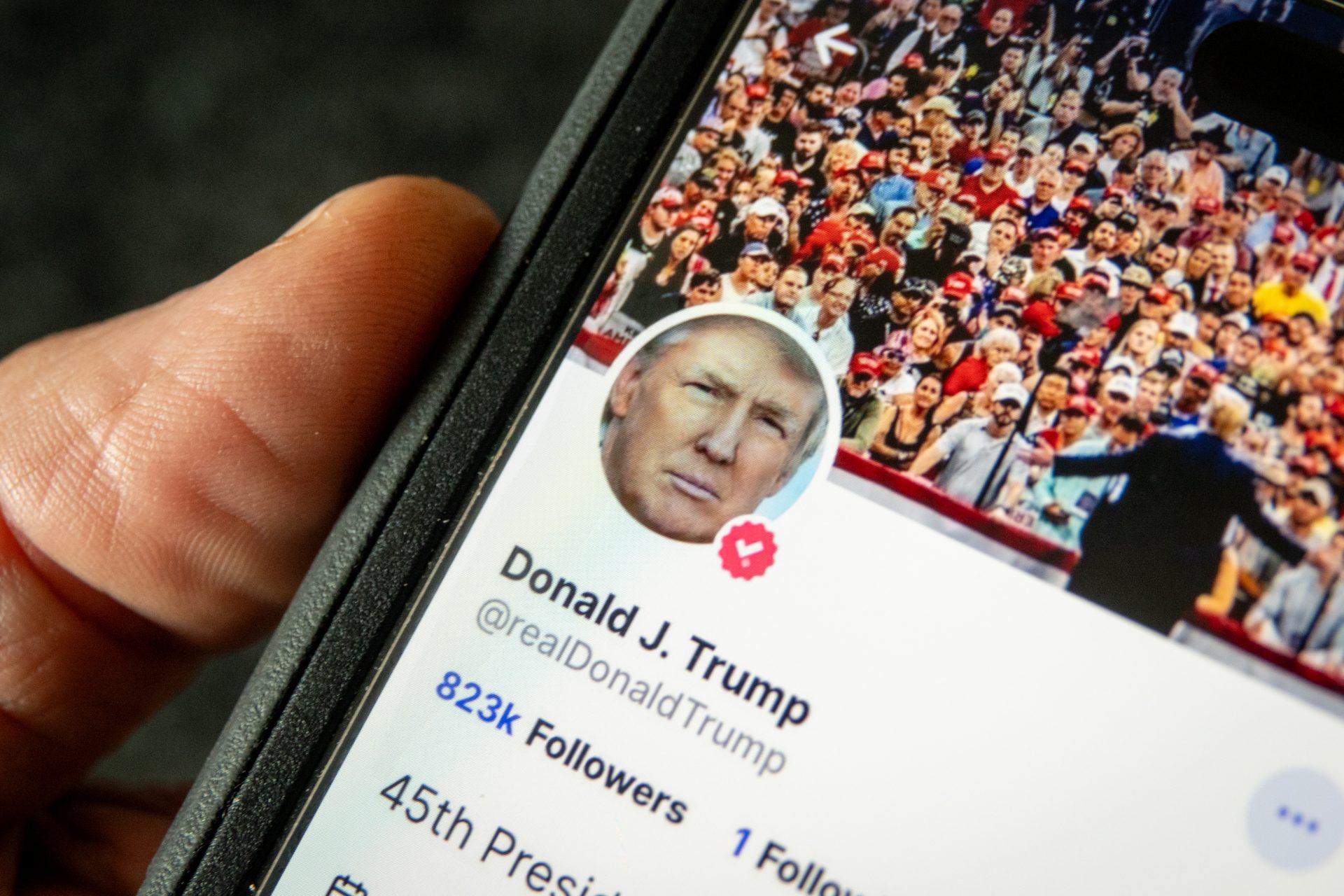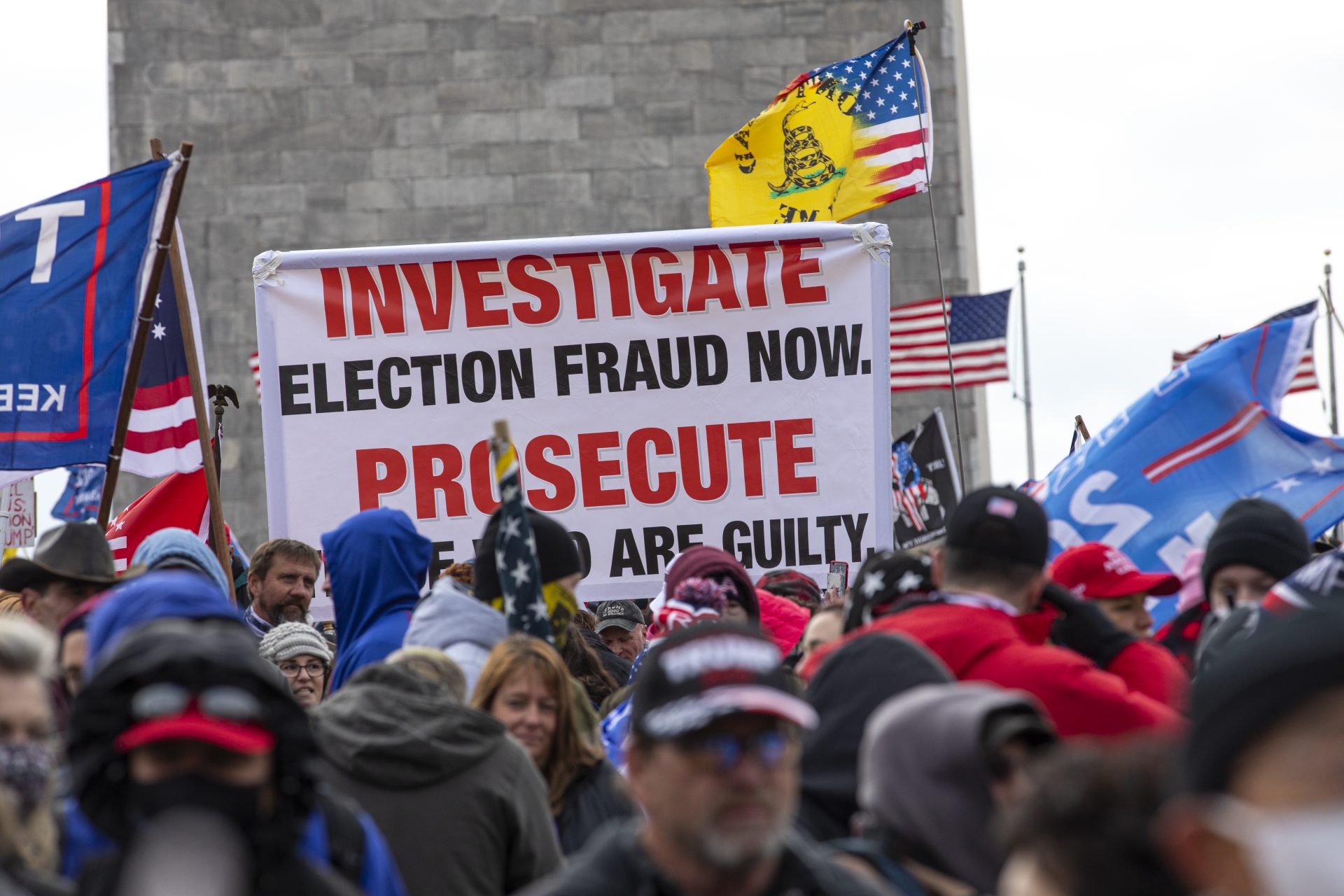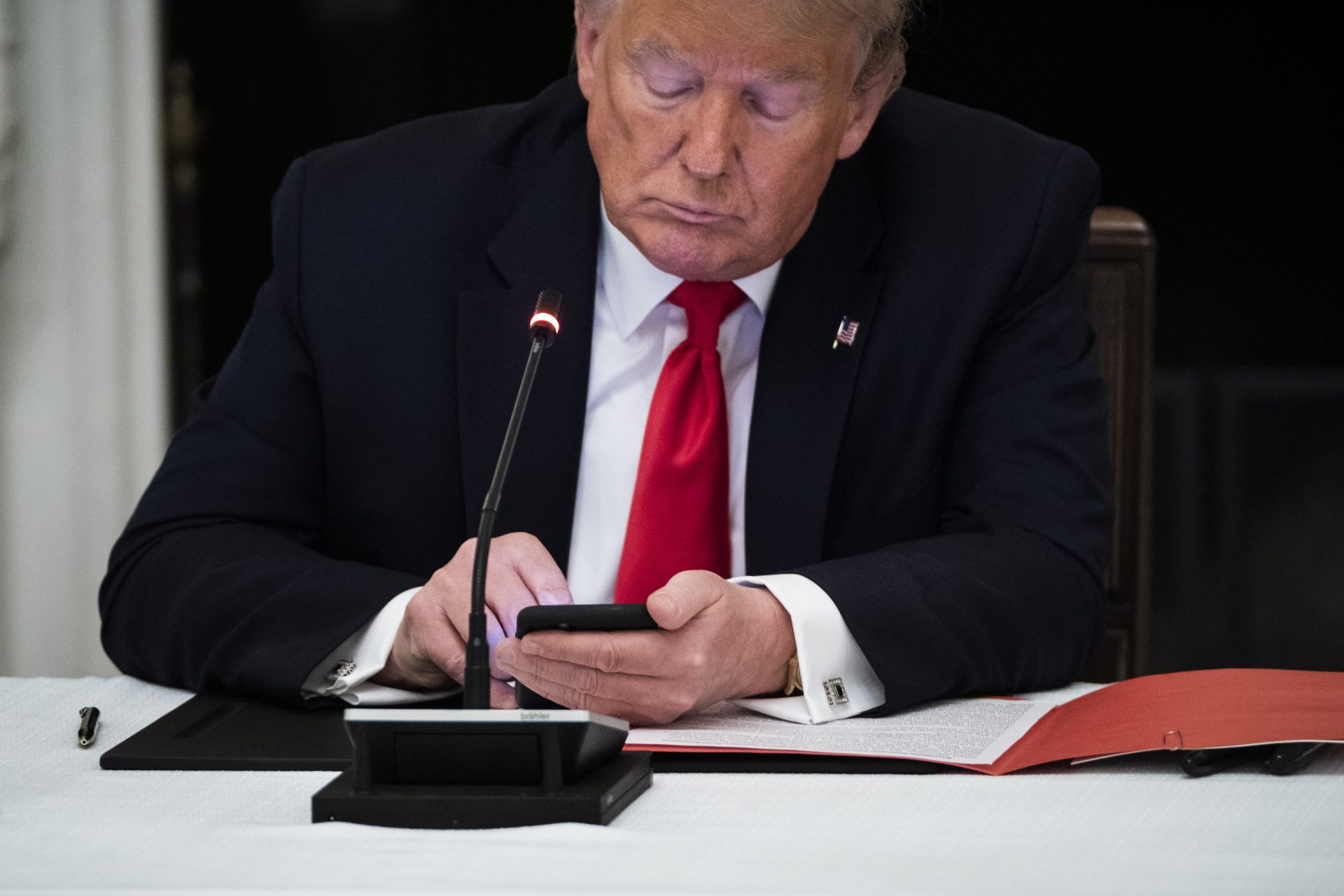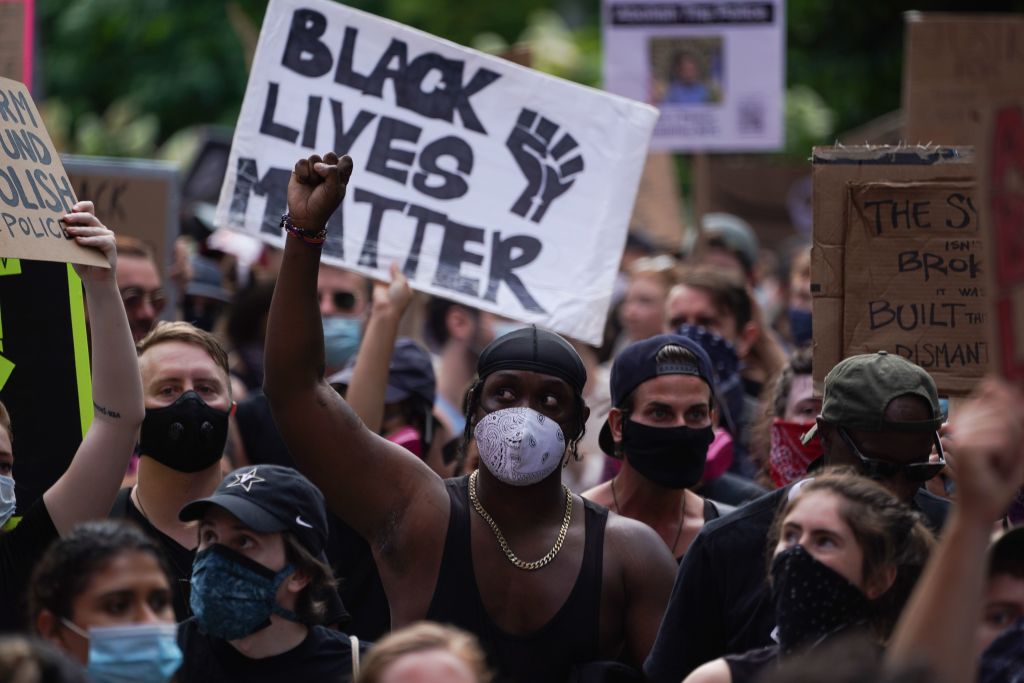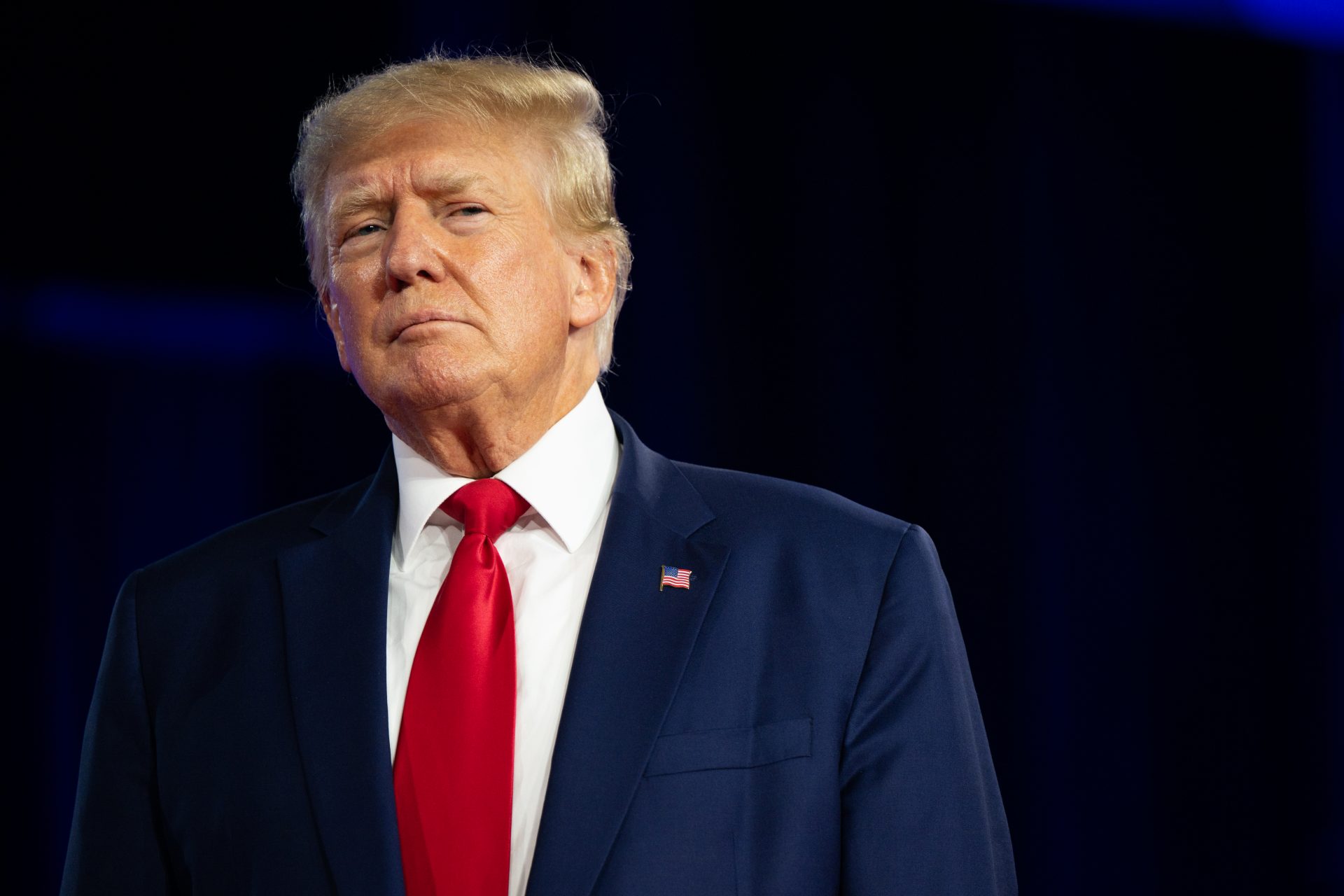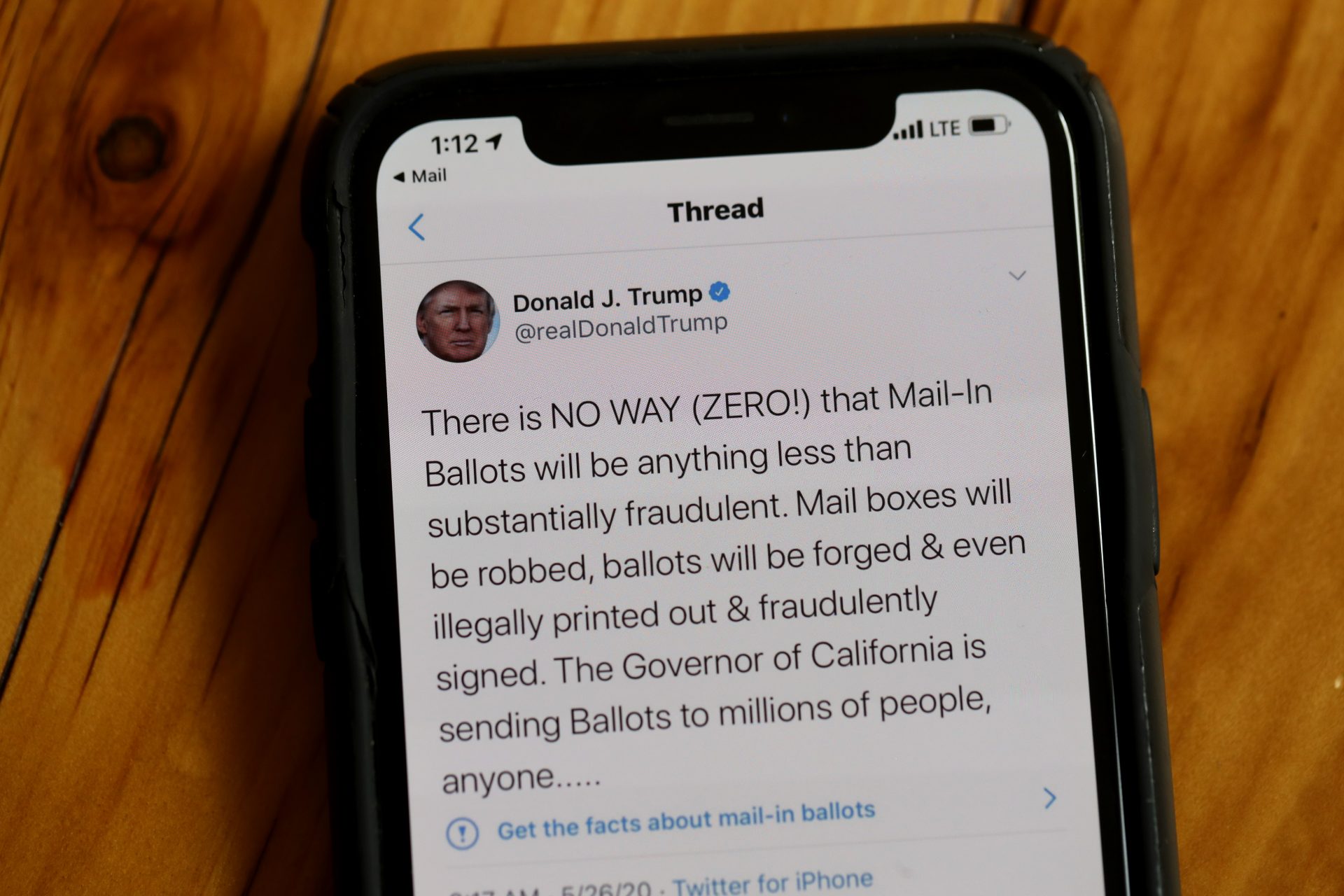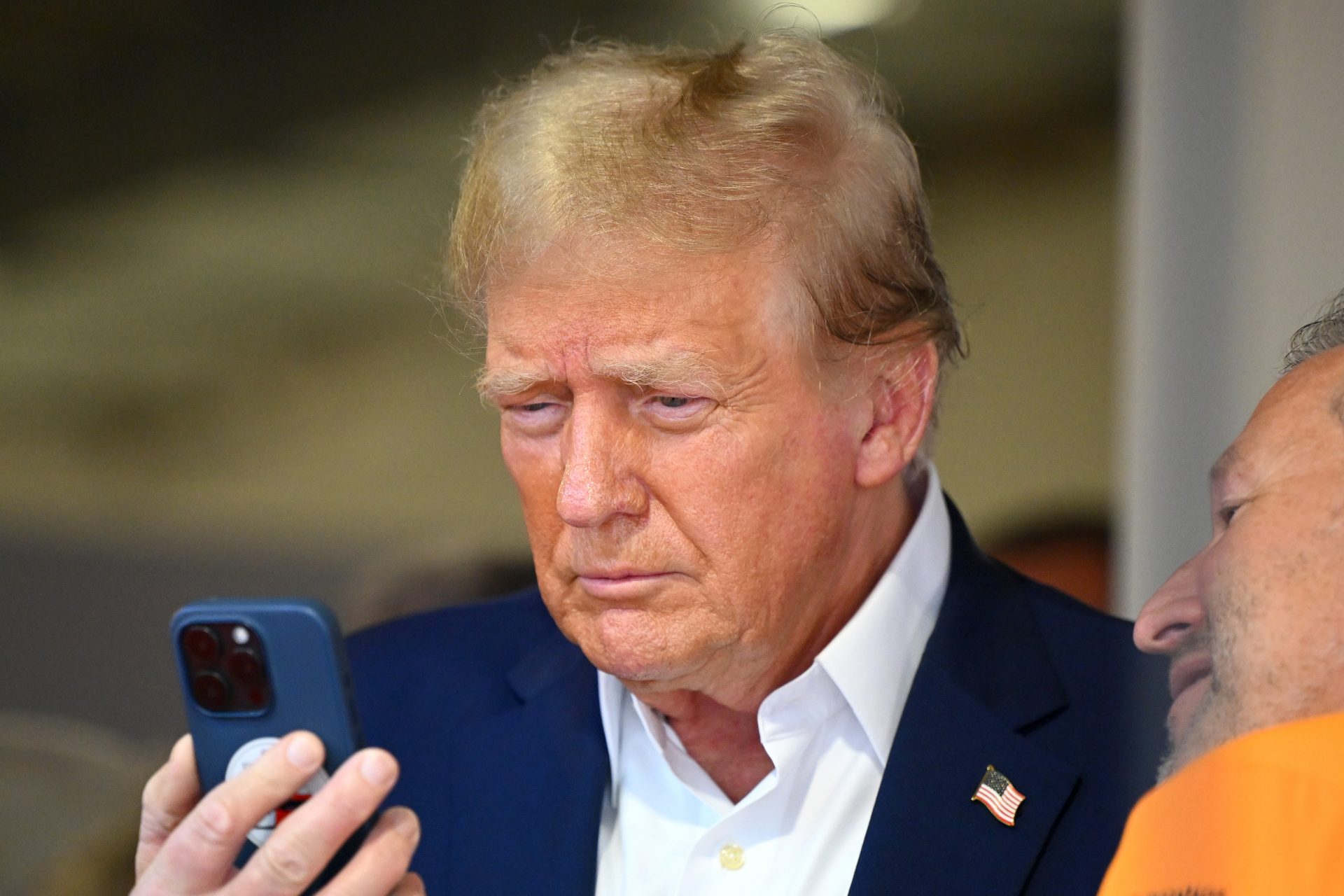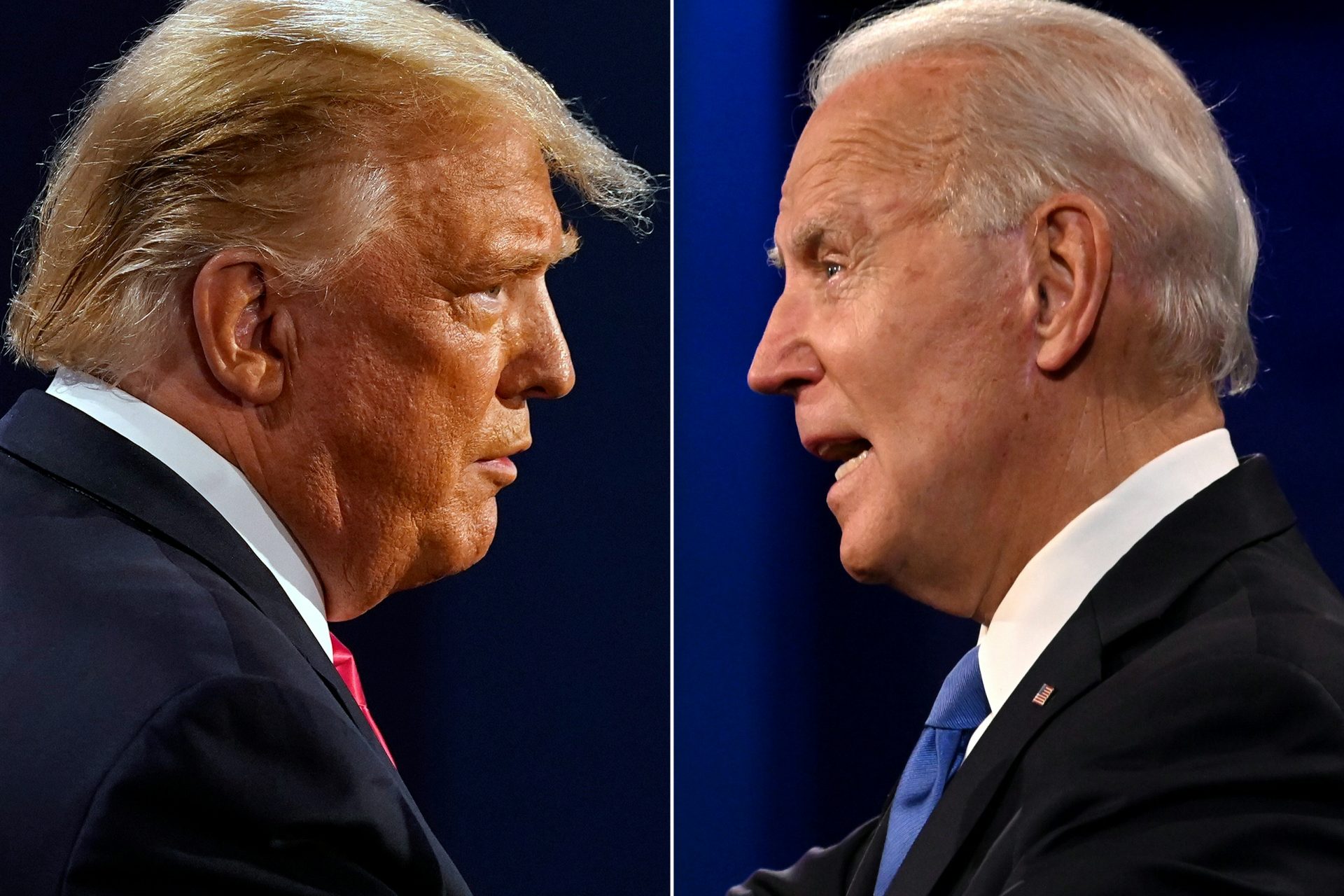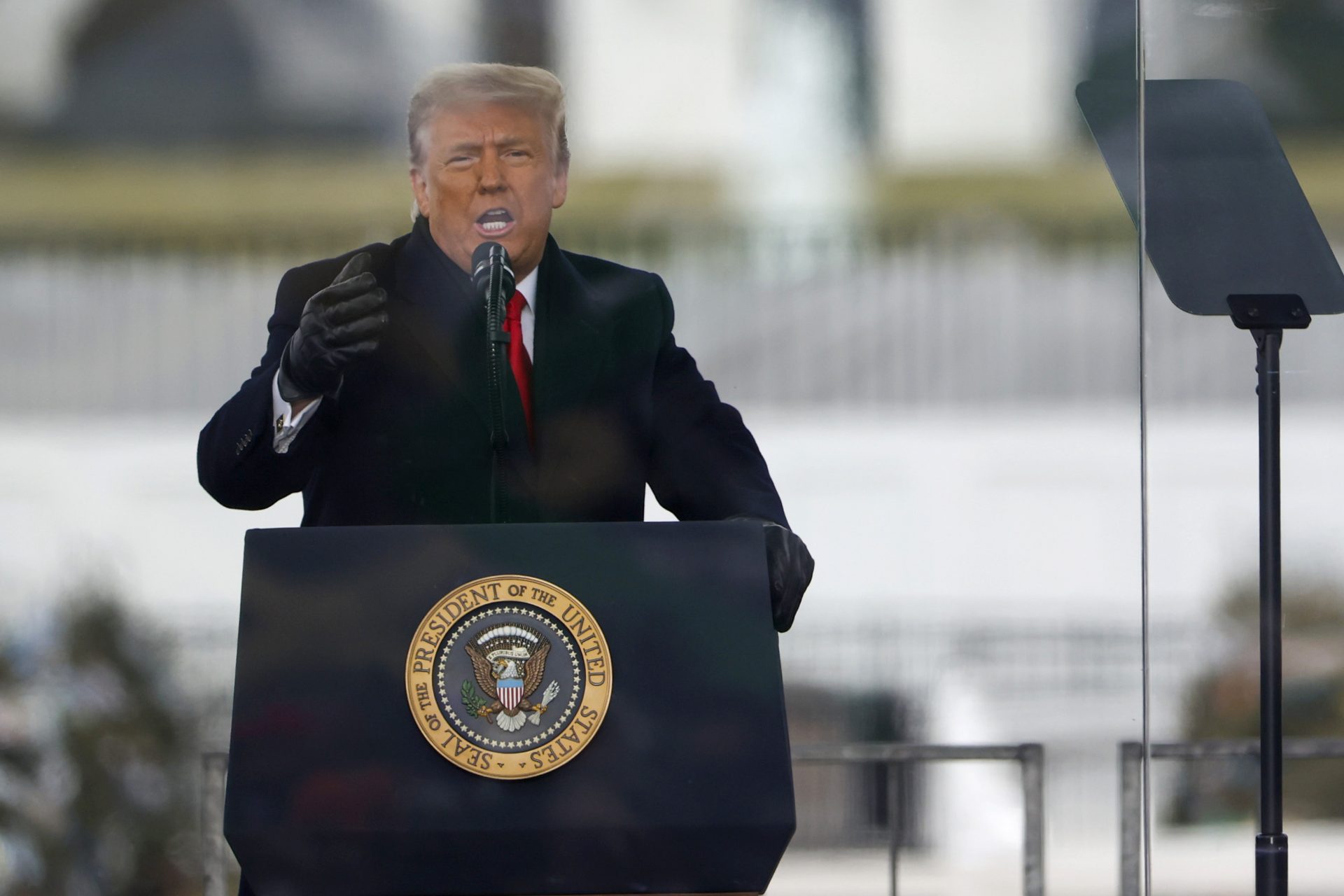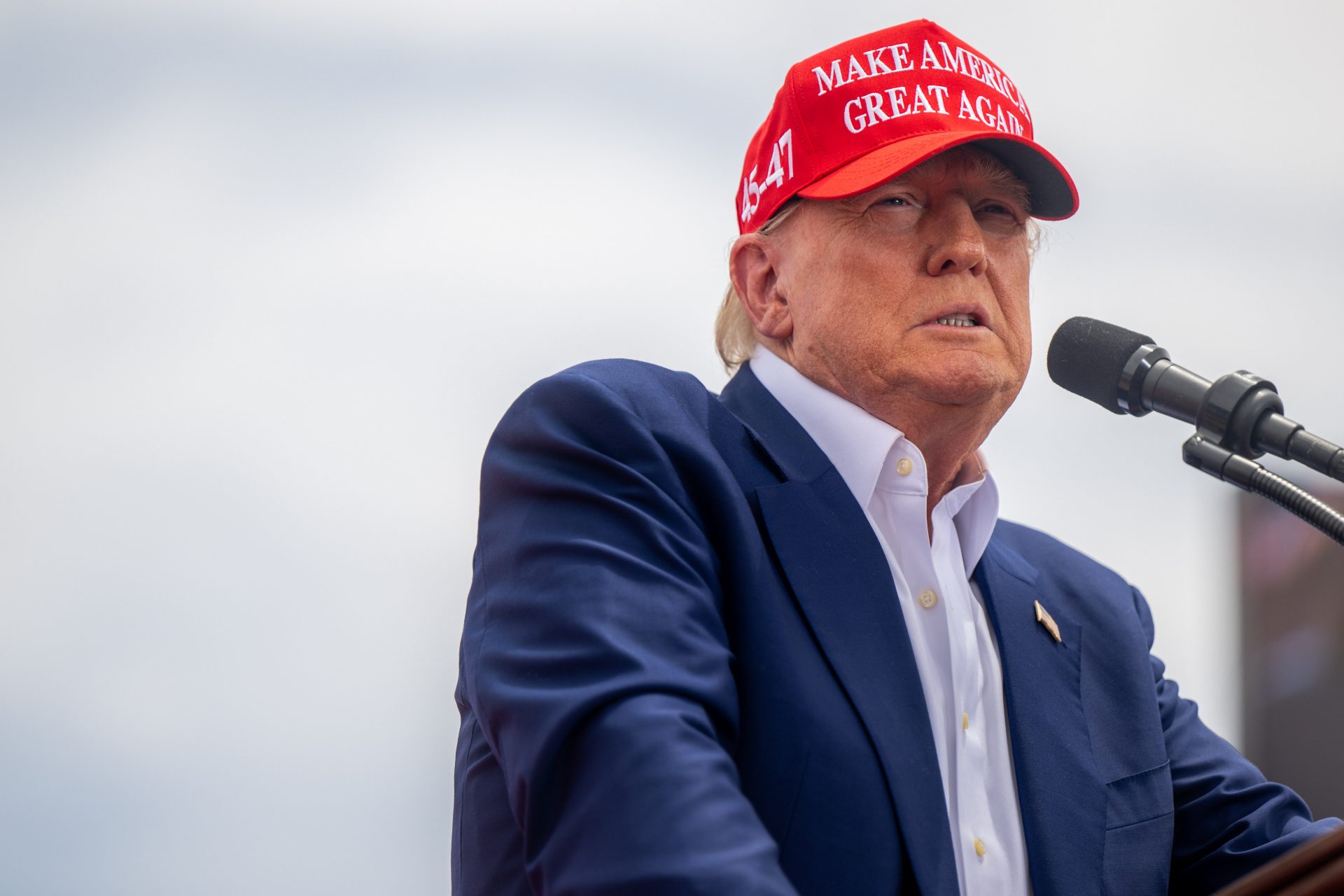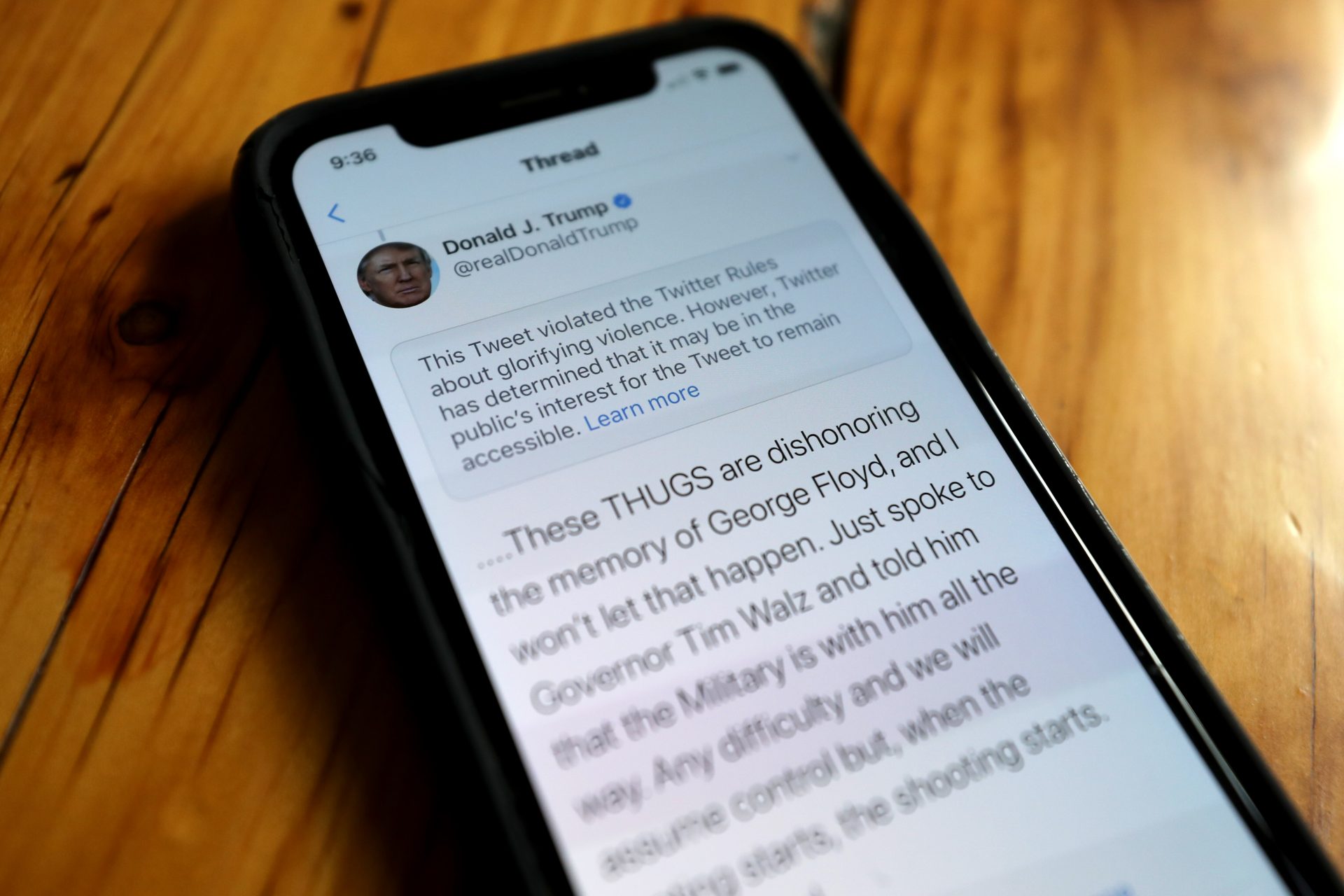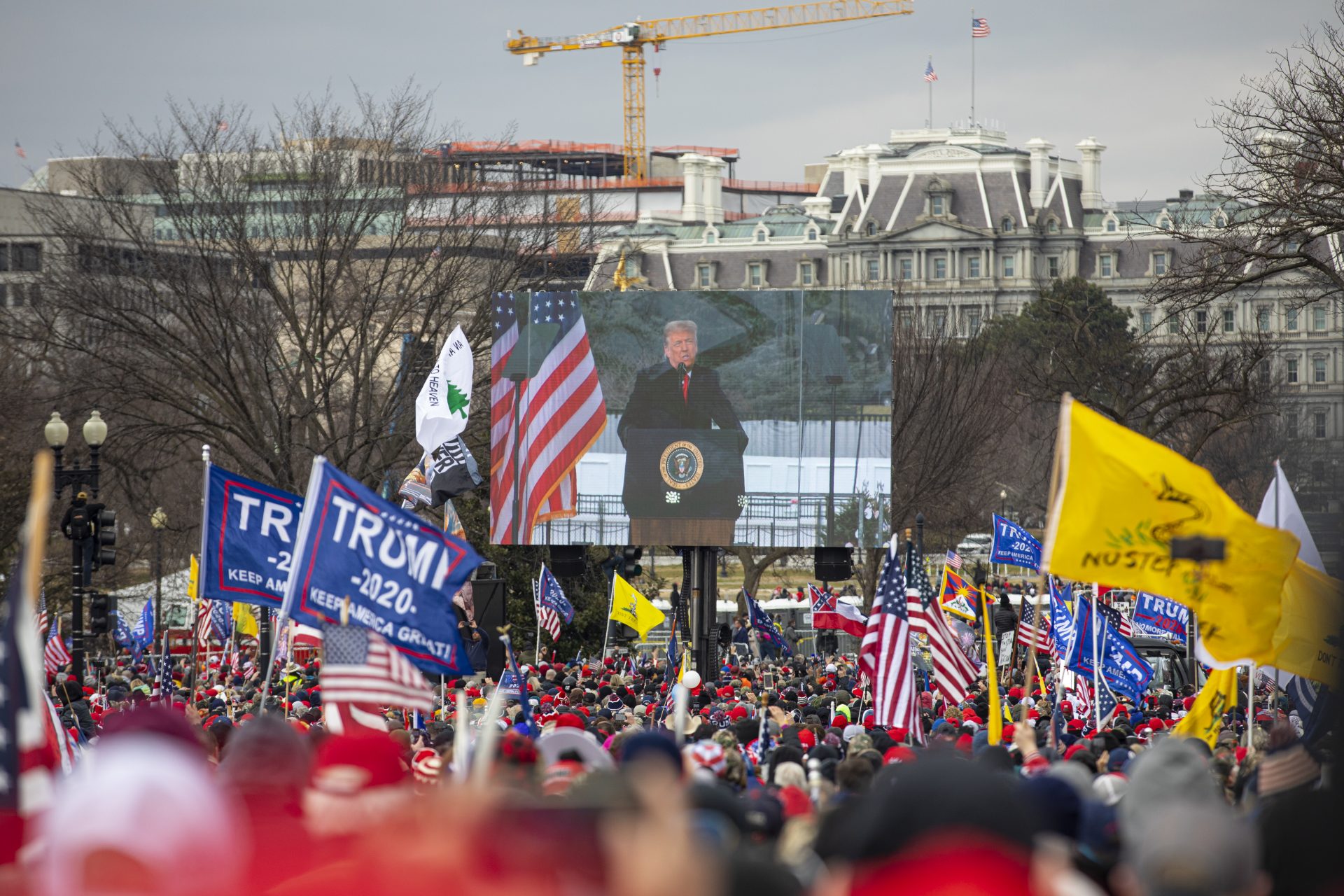Trump still spreads his election conspiracy theories a lot online report finds
Everyone knows that Donald Trump doesn’t always tell the truth and his worst lie is also one he touts quite often on social media according to a survey of the former president’s online activity. So which lie is it? Let’s take a look.
Trump has been adamantly claiming he didn’t really lose the 2020 election to Joe Biden since the results of that race were made public. Sometimes he claims that the race was rigged and other times he says the Democrats cheated.
One Truth Social post published on October 23rd, 2023 saw the former president repost a meme on his account claiming the Democrats stoked Black Lives Matter protests and used the Covid-19 pandemic to steal the election.
“Look at the Democrat R****ds Kneel to King Fentanyl George Floyd. It was all a scam folks. George Floyd. The ScamDEMic. All of it,” Trump wrote on Truth Social according to Citizens for Responsibility and Ethics in Washington (CREW).
“The Democrats allowed Senior Citizens to die in nursing homes, and allowed BLM to destroy our cities just so they could cheat in the 2020 Election and Remove President Trump,” the former president continued in his post.
Caitlin Moniz of CREW wrote that while the former president’s post was shocking, it was also illustrative of the kind of rhetoric that Trump posts on Truth Social concerning the 2020 election, and she added that he does it quite often.
A recent CREW review of 13,000 Truth Social posts from the former president published between January 1st, 2023, and April 1st, 2024, discovered that Trump has consistently “spread lies about the 2020 and 2024 presidential elections.”
Just how bad is the situation? CREW found that in the 465 days of posts they reviewed, the former president referenced the “rigged” 2020 election 526 times, meaning Trump would have had to make that reference more than once a day on some days.
Moniz suggested Trump may still be trying to cast doubt on the 2020 election in order to lay the groundwork to dispute another presidential election loss to Biden in 2024 just as he did with the 2020 election, but most of his efforts back then failed.
“After the 2020 election, 62 lawsuits challenged the results of the election, and 61 of them failed. That was the conventional, democratic chance to air concerns about the fairness of the process and they were resoundingly shut down in the courts,” Moniz wrote.
“That should have been the end of the story, but instead, Trump refused to accept the results and to this day continues to push the Big Lie that he won the 2020 election,” Moniz added. But there is a bigger reason why Trump’s online claims are important.
Truth Social has become an important medium for the former president to express his opinions to the world, and a recent report from The Washington Post found that Truth Social Trump is “an even more extreme version of his online self.”
The former president’s following may have diminished but his rate of posting compared to his Twitter day has increased from 18 times a day when he was on Twitter to 29 times a day on Truth Social.
“On a typical day, Trump’s feed is a flurry of polls and links interspersed with a drumbeat of attacks and dire warnings about the state of the country,” The Washington Post noted before adding that these online attacks can have real consequences.
Some individuals the former president has attacked online have received “threatening calls, emails, and letters,” and three judges in cases against Trump have had to issue gag orders limiting what he can say about individuals.
The Washington Post also noted that since launching his 2024 presidential campaign in November 2022, 570 of Trump’s Truth Social posts have “contained insulting language that was directed at someone.”
Trump also tends to link more often to far-right news websites on Truth Social instead of the mix of varied news sources he used to publish on Twitter. This is a problem that The Washington Post pointed out “helps fuel a feedback loop of false conspiracy theories and misinformation — particularly around the 2020 presidential election.”
More for you
Top Stories



